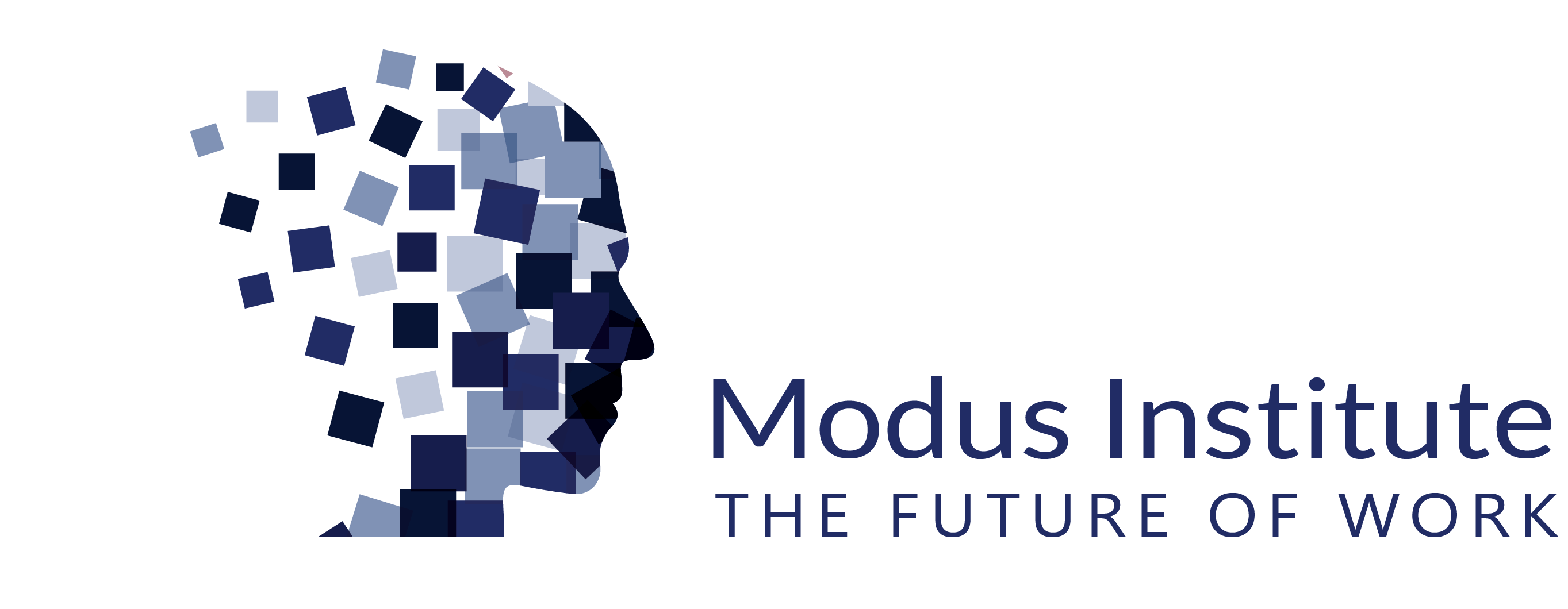Our mission is to make a world of work that is practical, humane, and rewarding.
Our Founders
Award winning pioneers in individual, team, and corporate work, Jim and Toni have worked with hundreds of companies world wide, creating collaborative, humane, and highly performing teams that enjoy going to work.
Jim Benson
A pioneer in applying Lean and Kanban to knowledge work, Jim is the creator of Personal Kanban and co-author four books. He co-author of Personal Kanban: Mapping Work | Navigating Life, winner of the Shingo Research and Publication Award. He is the CEO of Modus Cooperandi, and co-founder of Modus Institute. For the past three decades Jim has worked with teams worldwide, helping them uncover ways for individuals and groups to communicate, collaborate, and find clarity in unpredictable and amorphous environments.
Tonianne DeMaria
People should feel their work is valued - that THEY are valued.
There’s a Post-it attached to my monitor reminding me why Jim and I do what we do. It’s from a client who once implored, “Please. Help me justify my existence to my boss.” Not a day goes by that I’m not in equal measure haunted and yet driven by this plea. No one should feel their work is invisible. With Personal Kanban, our once-tacit workload - our backlog, our priorities, our capacity, our effort - is now explicit. It gives us clarity over our options, feedback from our actions, and unassailable recognition when value is created. For us, creating workplaces that are more humanistic than mechanistic, where those creating value ARE valued - is a step towards creating a virtuous cycle. For the employee. The organization. For society as a whole.
